Small Area Estimation of the Homeless in Los Angeles: An Application of Cost-Sensitive stochastic Gradient Boosting
Brian Kriegler, Richard Berk
In many metropolitan areas, efforts are made to count the home- less to ensure proper provision of social services. Some areas are very large, which makes spatial sampling a viable alternative to an enumeration of the entire terrain. Counts are observed in sampled regions but must be imputed in unvisited areas. Along with the imputation process, the costs of underestimating and overestimating may be different. For example, if precise estimation in areas with large homeless counts is critical, then underestimation should be penalized more than overestimation in the loss function. We analyze data from the 2004-2005 Los Angeles County homeless study using an augmentation of L1 stochastic gradient boosting that can weight overestimates and underestimates asymmetrically. We discuss our choice to utilize stochastic gradient boosting over other function estimation procedures. In-sample fitted and out-of-sample imputed values, as well as relationships between the response and predictors, are analyzed for various cost functions. Practical usage and policy implications of these results are discussed briefly.
2010-09-01

